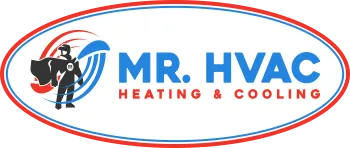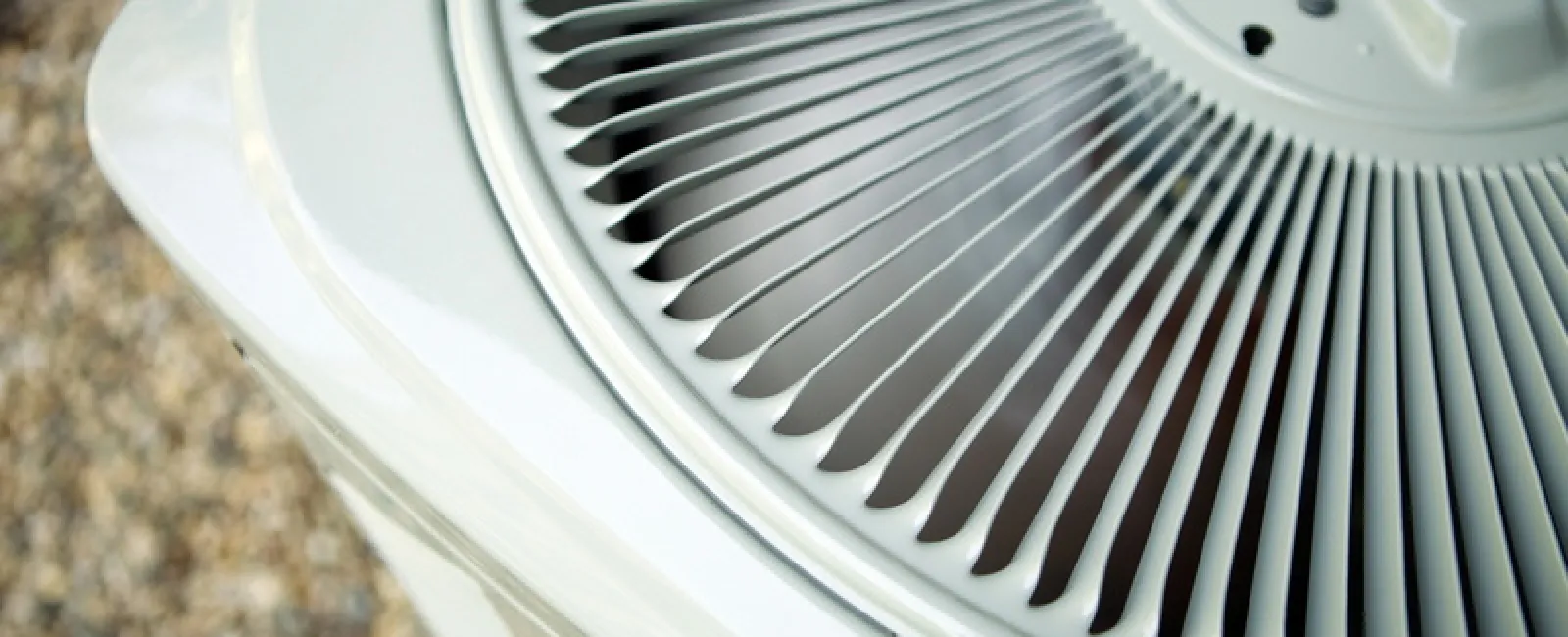January 30, 2025
When an air conditioner short cycles, it turns on and off more frequently than it should, often failing to complete an entire cooling cycle. This leads to increased energy consumption, inconsistent indoor temperatures, and unnecessary wear on critical system components. Understanding the causes of HVAC short cycling and how to fix them can help maintain the performance of your cooling system while reducing energy costs and avoiding premature breakdowns.
What Causes AC Short Cycling?
AC short cycling can be caused by several factors, ranging from minor maintenance issues to more complex system malfunctions. Identifying the root cause is crucial for implementing an effective solution.
1. Dirty or Clogged Air Filter
A dirty air filter is one of the most common reasons for HVAC short cycling. The air filter traps dust, debris, and other airborne particles to ensure clean airflow. When the filter becomes clogged, it restricts airflow, causing the system to overheat and shut off prematurely.
Solution: Check and replace your air filter every 1-2 months to maintain optimal airflow and prevent overheating.
2. Refrigerant Leaks
Low refrigerant levels can cause an AC unit to short cycle. Refrigerant is essential for cooling, and the system struggles to maintain proper pressure when there's a leak. This can lead to the compressor shutting off too soon, resulting in frequent cycling.
Solution: If you suspect a refrigerant leak, contact a professional HVAC technician to locate and repair the leak before refilling the refrigerant to the correct level.
3. Oversized Air Conditioner
An air conditioner too large for a home will cool the space too quickly, shutting off before completing an entire cycle. This leads to short cycling and increased wear on the system.
Solution: If your AC unit is oversized, replacing it with an appropriately sized unit is the best long-term solution. A professional HVAC contractor can calculate load to determine the appropriate size for your home.
4. Faulty Thermostat
A malfunctioning thermostat can cause the AC to short cycle by sending incorrect temperature readings to the system. If the thermostat is miscalibrated or placed in an unsuitable location (near a heat source or in direct sunlight), it may cause the AC to turn on and off irregularly.
Solution: Ensure your thermostat is correctly calibrated and positioned in a central location away from direct heat sources. Replace it with a programmable or smart thermostat for more accurate temperature control.
5. Frozen Evaporator Coils
Evaporator coils can freeze due to restricted airflow or low refrigerant levels. When the coils freeze, the system may overheat and shut down before completing an entire cycle.
Solution: Turn off the AC unit and let the coils thaw entirely. Then, inspect the air filter and refrigerant levels to address the underlying cause. If the problem persists, an HVAC professional should be consulted.
6. Electrical Issues
Faulty wiring, loose electrical connections, or a failing capacitor can disrupt the regular operation of an AC system, causing it to short cycle.
Solution: A licensed HVAC technician should diagnose and repair electrical issues to ensure safety and system integrity.
Effects of AC Short Cycling
Short cycling can have several adverse effects on your HVAC system and overall comfort:
Increased Energy Bills: Frequent on-and-off cycles require more energy, leading to higher electricity costs.
Reduced Comfort: An AC unit that short cycles may not maintain consistent temperatures, resulting in hot and cold spots throughout your home.
Premature Wear and Tear: Components like the compressor and fan motors experience excessive strain, leading to early system failure.
Humidity Problems: Short cycles prevent the AC from dehumidifying the air, leading to excessive indoor humidity.
How to Prevent AC Short Cycling
Preventative maintenance is key to avoiding AC short cycling and ensuring the longevity of your cooling system. Here are some steps you can take:
Schedule Regular HVAC Maintenance: Have a professional inspect and tune up your system at least once a year.
Replace Air Filters Regularly: A clean air filter ensures proper airflow and prevents overheating.
Check Refrigerant Levels: Low refrigerant can indicate a leak that needs immediate attention.
Inspect the Thermostat: Make sure your thermostat is working correctly and is positioned appropriately.
Ensure Proper AC Sizing: Work with an HVAC professional to install a correctly sized unit for your home.
When to Call an HVAC Professional
While some causes of AC short cycling can be resolved with simple maintenance, others require professional expertise. If your AC unit continues to short cycle despite troubleshooting, contacting a licensed HVAC technician like MR HVAC is your best option. We can diagnose complex issues, repair refrigerant leaks, address electrical problems, and recommend system upgrades.
Conclusion
AC short cycling is a serious problem resulting in higher energy bills, decreased comfort, and premature system failure. By understanding the causes and taking proactive measures to address them, homeowners can enhance the efficiency and lifespan of their HVAC systems. Regular maintenance, appropriate system sizing, and professional inspections prevent HVAC short cycling and ensure optimal performance. If you're dealing with ongoing short cycling, consulting an HVAC professional is the best way to restore reliable cooling in your home.




